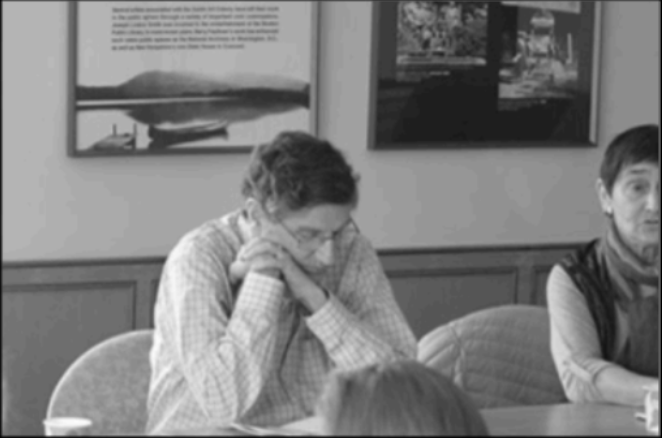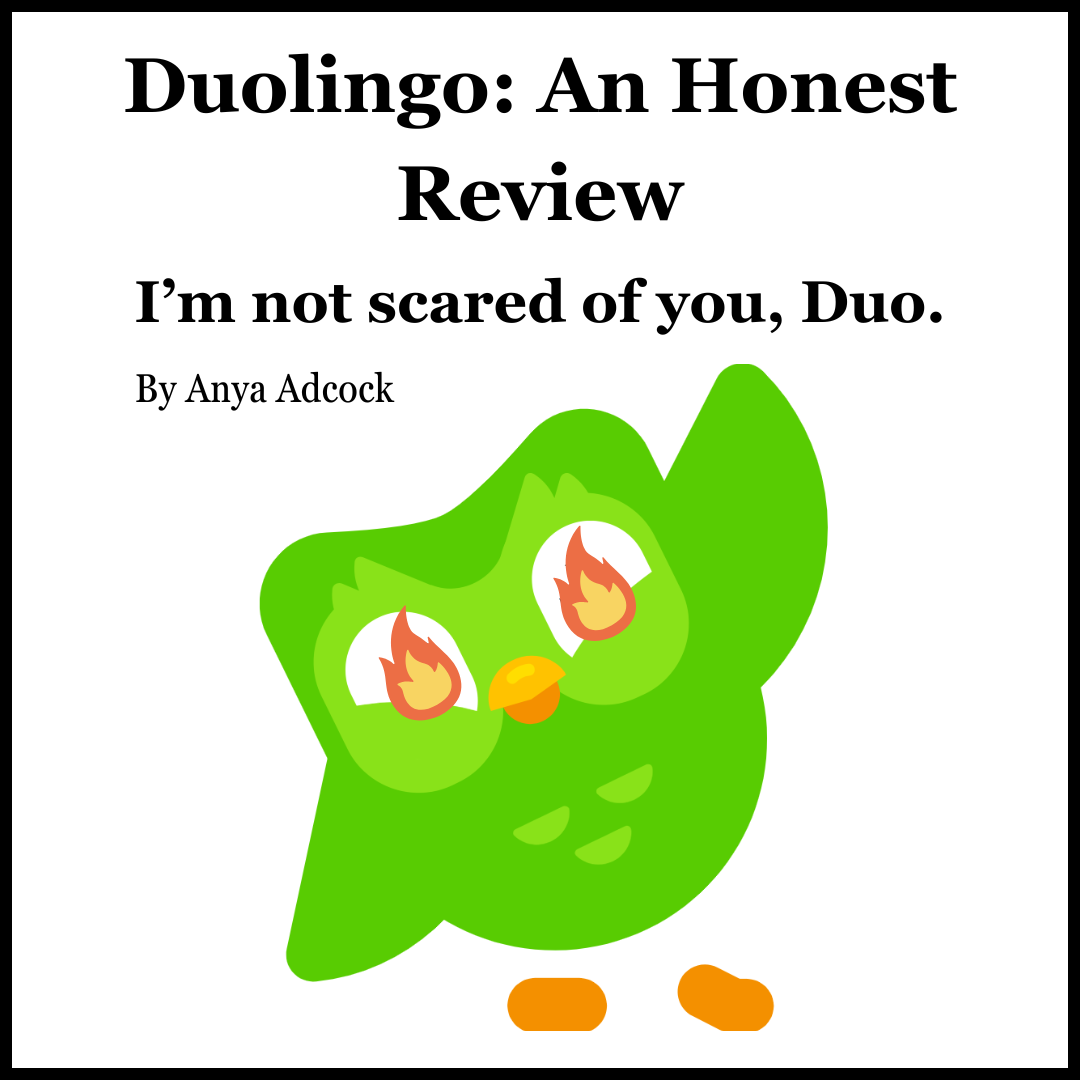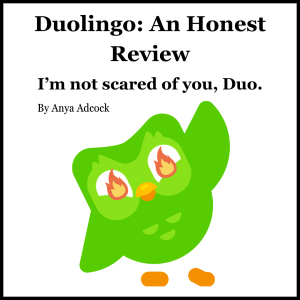Life Without A Phone

March 13, 2019
Life has gone on undisturbed for millenium without cellular towers, twitter or instagram. Then came the iPhone, a revolutionary device that changed the way we imagine reality. Something most of us couldn’t live without, something I thought I could not live without. The same night I lost my phone was the same night I was put on house arrest. No mega bowl, no parties, no basketball games, no OGchristos, no nothing. School, work and home were the only three places I was allowed to be. In that regard, I am lucky to have lost my phone. To not know what I’m missing out on is comforting; ignorance is bliss.
Every now and again I really do miss my phone. My pursuit of females has been slowed immensely without snapchat and it’s honestly almost at a complete standstill. It’s hard to communicate rides and transportation. It’s difficult to keep in touch with some friends and relatives. Work is a pain because they don’t know how to contact me, even though I’ve given them my email plenty of times. I feel my mind is more clear than ever before but that might be because I’ve been under house arrest and not smok- and have had a lot of time to reflect/meditate. So my conclusion is that I’m undecided, there’s pros and cons to everything and right now my yin and my yang has been pretty balanced without a phone but my evidence is not conclusive.
Sean Prell’s average phone time is 5-6 hours a day. “Some pros are I watch a lot of fun videos and learn a lot but sometimes I get too distracted and don’t have time to read enough books.” Melina Hegelheimer chimes in saying, “Smartphones have revolutionized the way people not only communicate, but live their lives. I think a more interconnected world is a better world.” This sparks a dialogue. Tad Diress comments, “With phones I feel like we’re less connected, in a sense we have less real friends. We focus on our followers instead of real life connections.”
Not satisfied and still searching for answers I later approached intellectual Lucas Bleyle about the matter. Lucas previously went without a smartphone for 17 years. “With a phone I can communicate with greater ease, I used to have to borrow my moms phone all the time. I read the news a lot more, I just swipe left and there it is. On the other hand I’ve spent 1 hour and 17 minutes on my phone today, it’s a social crutch and a time suck. But then again when I had no phone I would consistently get stranded places with no way to communicate a ride and I would have to end up walking home, it’s an hour walk from the highschool to my house.”
Still confused and more conflicted than ever I began to do something I’ve never done before, research. I found out something, smartphones aren’t the problem themselves. I think social media is a very big part of our lives. (By “our” I mean other high school students, sorry old heads I’m sure your facebook is still poppin’). It dictates how we view the world and ourselves. It creates unrealistic expectations about life and relationships. Studies link excessive social media use to increasing rates of anxiety and depression in teens. A phenomenon began around the same time as facebook just came to life. This phenomenon was known as Fear Of Missing Out or for short, FOMO. It’s one of the most common side effects of social media. FOMO is a form of anxiety when one is scared of missing out on a positive experience such as lunch with friends, going to a party or even bird watching. The more you look at social media the more you lose your sense of reality. You begin to see that everyone is having a lot more fun than you, more importantly, without you. Which can possibly translate to feelings of hopelessness and depression.
























